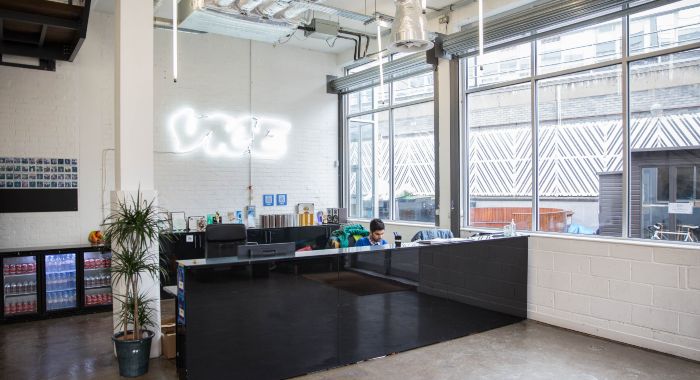VICE UK FEATURE: WRITERS, SCIENTISTS AND CLIMATE EXPERTS DISCUSS HOW TO SAVE THE WORLD FROM CLIMATE CHANGE
In this feature, we ask, should we have fewer kids? Improve our farming techniques? Reform the energy market? Or just get better at helping one another?
Read below for segments from Writers, Scientists & Climate Experts.
All photos by David Benjamin Sherry, from his monograph Earth Changes, published by Mörel Books this spring.
Images courtesy of the artist and Salon 94, New York City.
"The just-say-no dictum has not been a successful path for drug use or teen pregnancy. Why would it work for climate change?"
David Keith, climate-policy expert. David Keith is a professor in the School of Engineering and Applied Sciences and a professor at the Kennedy School of Government at Harvard.
"Every four days, we add a million more people to the planet. In the past century, our numbers quadrupled—the most abnormal population spurt, apart from microbial blooms, in biological history. Yet to us, born in the midst of it, all this sprawl, traffic, and crowding seem normal"
Alan Weisman, writer. Alan Weisman is the author of The World Without Us and Countdown.
"Our environmental (and political) problems largely stem from people acting in their own narrow short-term self-interest instead of the general long-term public good. The central question facing us is how to transform societies composed of self-interested people into societies composed of people who act to further the public good" Ken Caldeira, climate scientist. Ken Caldeira is an atmospheric scientist in the Carnegie Institution for Science's Department of Global Ecology.
Approximately one third of the carbon now in the atmosphere was formerly sequestered in soil in the form of organic matter, but since we began plowing and deforesting, we've been releasing huge quantities of this carbon into the atmosphere.
Michael Pollan, food and agriculture expert. Michael Pollan is the author of The Omnivore's Dilemma and other books.
"People deny climate change because they don't like its implications, which play out in a number of different realms. The ones I've been particularly focused on are the implications for free-market capitalism and the fear that climate change is being used as an excuse to justify massive expansion of the government, interventions of government in the marketplace, and even international governance"
Naomi Oreskes, climate historian. Naomi Oreskes is a professor of the history of science and a professor of earth and planetary sciences at Harvard.
"Reversing the harm we've done will first require acknowledging it—and seeing that our way of life is too much for the world. As humans and creatures of both habit and comfort, we seemingly need to get as close to demise as possible to be able to see things clearly"
Lauren Markham, journalist. Lauren Markham is a recipient of the 11th Hour Food and Farming Fellowship at the University of California, Berkeley.

